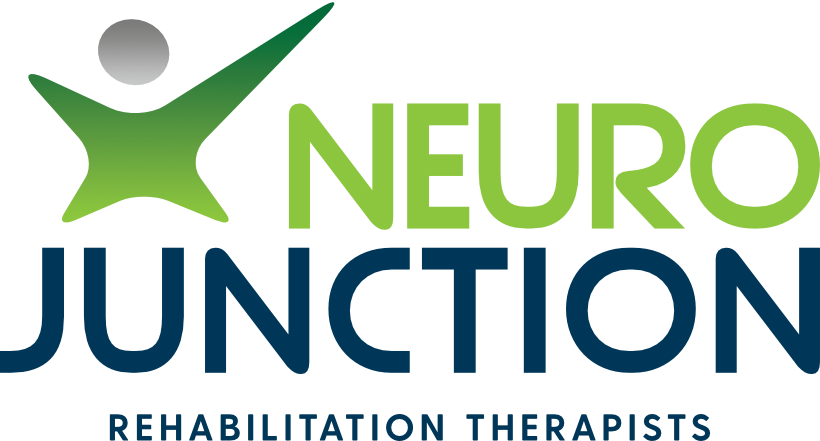Rare Disease Day 28th of February
What is a rare disease?
A disease is ‘rare’ when it affects fewer than 1 in 2,000 people.
72% of these are genetic diseases.
70% start in childhood.
There are 300 million people living with rare disease worldwide
SOME RARE NEUROLOGICAL DISEASES:
Amyotrophic Lateral Sclerosis (ALS):
a form of Motor Neuron Disease, which is a disorder resulting in the progressive loss of movement. ALS involves degeneration and loss of both upper and lower motor neurons, resulting in rapid loss of function. ALS is reported to impact 1-2 per 100,000 people, with most cases being sporadic but some are inherited.
Complex Regional Pain Syndrome (CRPS):
a condition that often affects one limb usually after an injury, trauma, or surgery, and is characterised by severe pain disproportionate, in magnitude and duration, to the insult. It is thought to be caused by damage to, or malfunction of, the peripheral and central nervous systems. It is estimated to affect 1 in 3,800 people and is crucial to be diagnosed early.
Fronto-temporal lobe degeneration (FTLD):
degeneration of the frontal and temporal lobes of the brain, resulting in disordered behaviour including loss of personal and social awareness, dis-inhibition, and lack of emotions. Having primarily a genetic component, FTLD affects approximately 4 per 100,000 people.
Progressive Supranuclear Palsy (PSP):
a degenerative disorder with symptoms similar to Parkinson’s Disease; difficulty swallowing, slurred speech, abnormal eye movements, rigid muscles, and reduced balance. The cause is usually sporadic but can be genetic and affects around 7 in 100,000 people.
Huntington’s Disease:
an inherited disease characterised by jerky involuntary movements (chorea), walking difficulty, impaired speech, memory loss and emotional and behavioural problems. Approximately 6 per 100,000 people are affected.
What are some challenges for those living with rare disease?
Lack of scientific knowledge and information of the disease, resulting in delay in diagnosis and treatment
Healthcare inequalities around the world making it difficult to access care, increasing financial and social burden on those affected
The broad diversity of symptoms, which can often lead to misdiagnosis
Often chronic, progressive, degenerative, and life-threatening in nature
Please visit https://www.rarediseaseday.org/ for further information.
References:
Blizzard, C 2012, ‘Amyotrophic Lateral Sclerosis’, Brain Foundation, https://brainfoundation.org.au/images/stories/applicant_essays/2012_essays/AMYOTROPHIC_LATERAL_SCLEROSIS_Blizzard_Catherine.pdf
Brain Foundation n.d., Complex Regional Pain Syndrome, Brain Foundation, https://brainfoundation.org.au/images/stories/applicant_essays/2012_essays/Complex_Regional_Pain_Syndrome_-_Saad_Nagi.pdf
Brain Foundation, n.d., Huntington’s Disease, Brain Foundation, https://brainfoundation.org.au/disorders/huntingtons-disease/?gclid=EAIaIQobChMIxb3q9cDL_AIVGJNmAh39twuQEAAYAyAAEgLsk_D_BwE
Kelly, B 2012, ‘Progressive Supranuclear Palsy’, Brain Foundation, https://brainfoundation.org.au/images/stories/applicant_essays/2012_essays/Progressive_Supranuclear_Palsy-_Bertram_Kelly.pdf
King, A 2013, ‘Frontotemporal lobe degeneration’, Brain Foundation, https://brainfoundation.org.au/images/stories/applicant_essays/2013_essays/Frontotemporal_lobe_degeneration_King_Anna.pdf
Pain Australia 2020, Spotlight on CPRS Network Australia: by Network Chair Alysia Bishop, Pain Australia, https://www.painaustralia.org.au/media-document/enews-1/enews-2019/issue-84/spotlight-on-cprs-network-australia-by-network-chair-alysia-bishop


